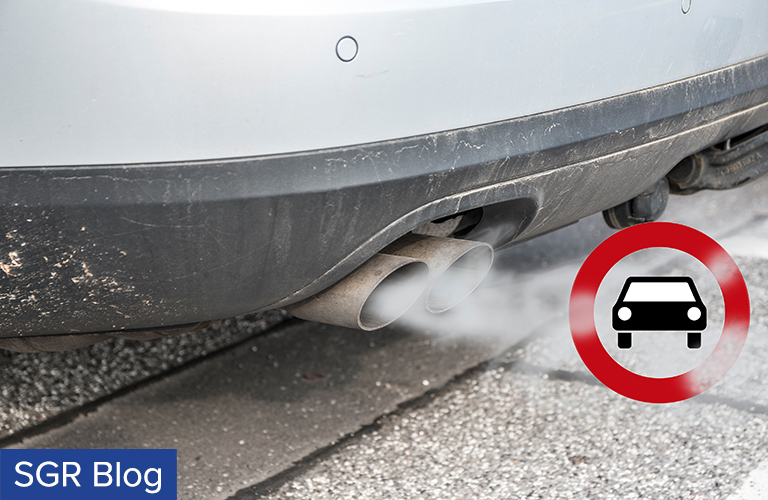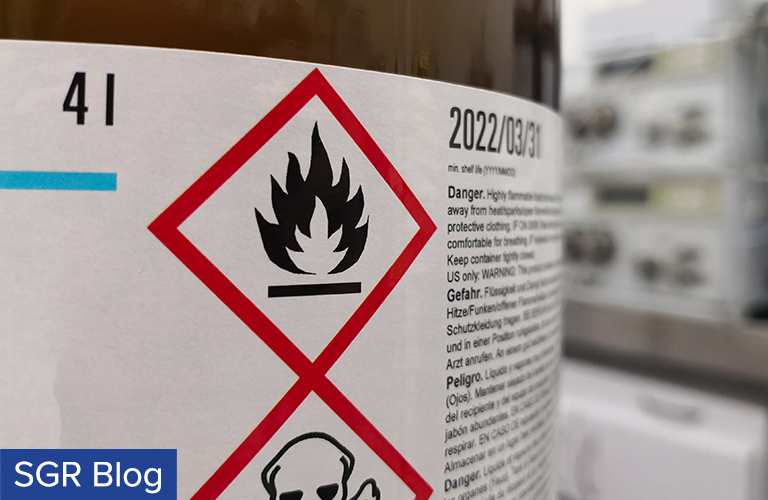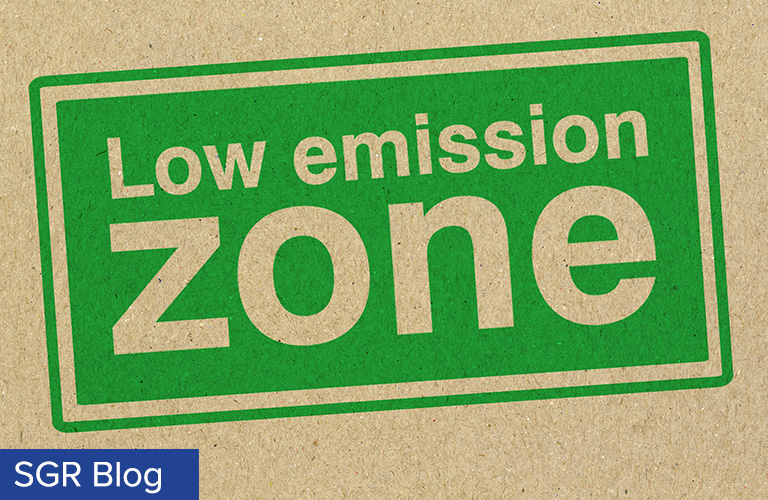
The Biden administration is set to begin reversing Trump era policies that limited California’s ability to set vehicles’ emissions standards at a more stringent level than required by the federal government. The Environmental Protection Agency is set to propose a waiver empowering California to mandate zero emission vehicles and to regular greenhouse gas emissions from tailpipes. Before being blocked by the Trump EPA, California’s requirement set a model for the nation and was expected to be followed by states representing more than one-third of the U.S. auto market. The transportation sector is now the largest single source of greenhouse gas… Read more







